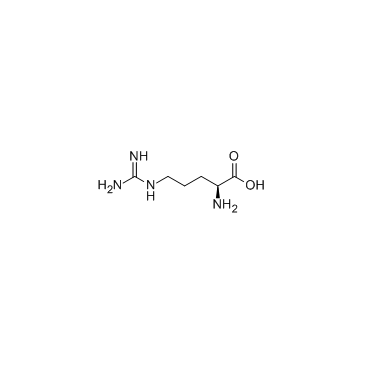| Structure | Name/CAS No. | Articles |
|---|---|---|
 |
L-arginine
CAS:74-79-3 |
|
 |
Syringin
CAS:118-34-3 |